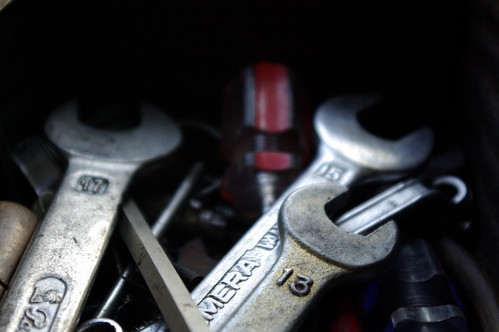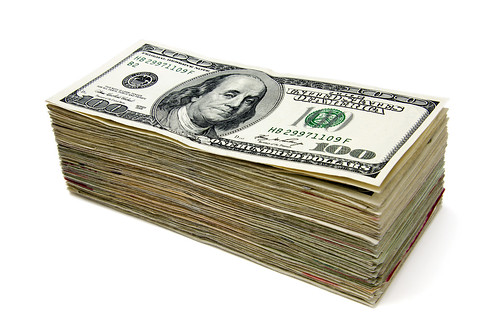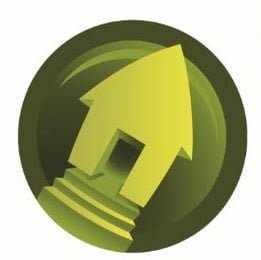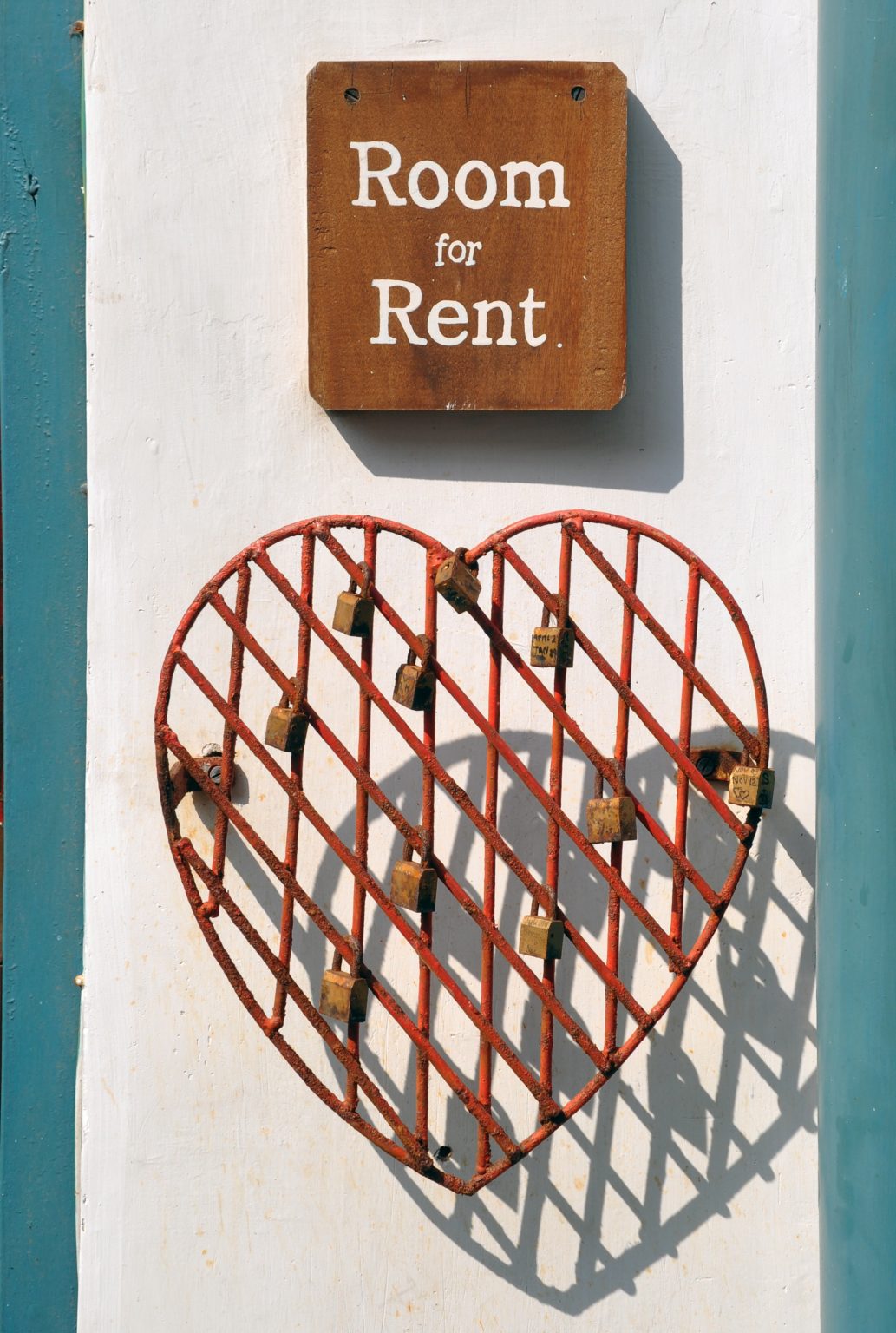Rent or buy? It’s a common question. Conventional wisdom often says it’s better to buy—and true, there are a lot of advantages to home ownership. But there are some situations in which renting is not only easier, but smarter.
Here are 5 situations in which it’s smarter to rent than buy.
1. You’re still working toward financial stability
If you don’t currently have a “cushion” in your savings—money you can immediately tap into to put toward unexpected costs, such as your water heater breaking—you’re probably better off renting. Homeowners have to cover maintenance emergencies, property taxes, homeowner’s association fees, and general upkeep.
The cost of renting, on the other hand, is pretty straightforward. Your rent may go up every once in a while, but your landlord absorbs most of these extra costs and you don’t have to worry about surprises.
If you’re in debt and you’re trying to get out, or just want to get a better handle on your finances, it’s probably safer to wait before buying a home. Renting gives you more flexibility—if you find you need to downsize in order to tackle those bills, you can find a cheaper rental fairly easily. A mortgage payment, however, is unyielding.
Also, it can pay to take time to build (or rebuild) your credit. Use your time of renting strategically—finish paying off your debts and pay credit card balances on time. Steps like these over a few years can raise your credit score, qualifying you for a better mortgage rate, meaning you may be able to afford a better house down the road.
2. You’re likely to move in the next 5 years
Many people talk about how buying a home is an investment and actually saves you money—but that’s only true in the long run. Renting can save you money if you plan to live somewhere for only 5 or so years. (Check out this handy savings calculator from the New York Times.)
So if the city or town you live in is nice, but you find yourself dreaming about NYC or a home out in the countryside, or if your company has a new office out in Denver and there’s a chance you might be relocated, it just makes better financial sense to rent. Renting, of course, also makes it easier to pick up and go, since you avoid the hassle of trying to sell your home.
3. You’re not ready to invest time into upkeep
Maybe right now your job keeps you so busy that when you get home, you only have enough energy to heat up some soup and crash in front of the TV. Or maybe your typical weekend involves skipping town and going skiing or mountain biking, and you wouldn’t have it any other way.
If that’s the case, a house with a faucets that drip, carpets that need replacing and a dozen other little repair jobs probably isn’t a great fit for your lifestyle right now. Home ownership requires a certain investment of time—especially if you’re the type who is likely to see a great deal in a “fixer-upper.”
4. Your life is in transition
Maybe you’ve just started a job. You’re happy just to have work for now, but you’re not 100% sure if this is the path you want for your career.
Or maybe you’re on your own for the first time (or for the first time in a long time) and are still trying to figure things out. Maybe you’re currently splitting rent with roommates who are likely to come and go in the next few years.
When life is in a period of transition, renting is often a smart choice. Buying a home is a long-term investment, and it’s often better to wait and get a clearer picture of what your long-term income and living situation will be.
5. You’d like a house, but need a bigger down payment
Even if you’re sure you want to settle down in the area and your credit is good, there’s a big benefit in waiting a few years and saving up for a higher down payment. A healthy down payment means you have to borrow less, and that in turn lowers your mortgage payment—something that will benefit you every month for the next 15 or 30 years.
And if your down payment reaches 20% of the home’s total cost, there are added benefits:
- You’re likely to get a better interest rate.
- You may not be required to pay private mortgage insurance (PMI).
PMI protects the lender in case you default on your loan and is paid monthly with your mortgage. Though it benefits the bank, it doesn’t go toward paying off your debt—so in one way it’s money you’re just throwing away. That 20% down payment could save you thousands of dollars in the long run.
Alternatively, if you just plan to pay the minimum down payment required, saving up will still benefit you. A few years’ worth of savings can make a difference in the type of house you can afford.
So, should you rent or buy your home? Ultimately, the choice is up to you. Don’t feel pressured to buy a house just because well-meaning people urge you to do so—after all, those people won’t be paying your mortgage for the next 30 years.
Wait until you’re ready, and in the meantime enjoy the perks of renting.
Looking to rent in the Greenville area? We can help you find the right place for you.








